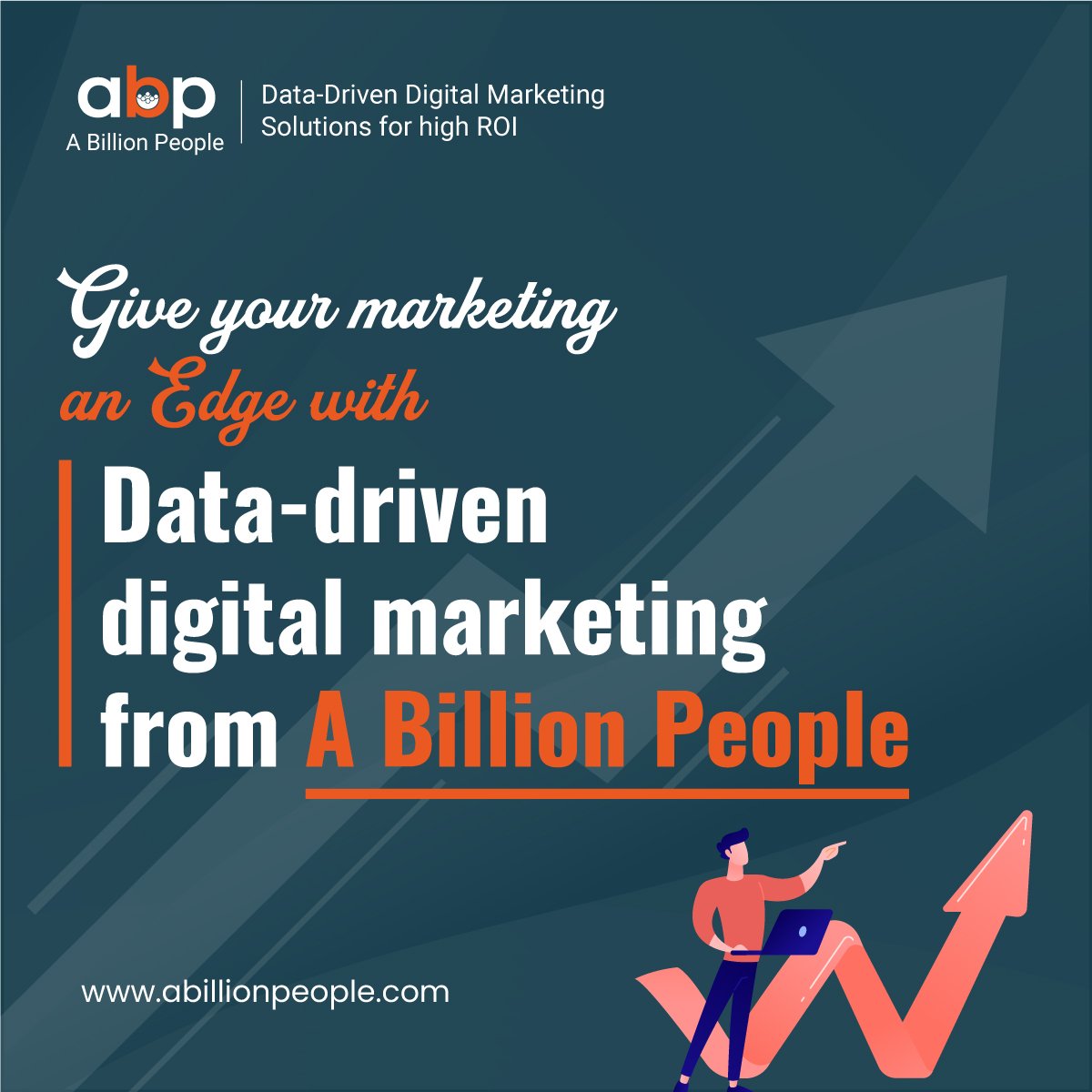The Essence of Content Marketing
Before diving into the reasons why content marketing is indispensable, let’s define it. Content marketing is a strategic marketing approach that involves creating and distributing valuable, relevant, and consistent content to attract and retain a clearly defined audience. Instead of directly promoting a product or service, content marketing focuses on providing information, insights, and entertainment that addresses the needs and interests of potential customers.
Now, let’s explore why content marketing is a must for every business.
1. Establishing Authority and Trust
In an era of information overload, consumers are becoming more discerning. They seek trustworthy sources of information, and businesses that consistently provide valuable content can position themselves as authoritative voices in their respective industries. When you consistently offer useful insights and solutions, you build trust with your audience.
By sharing knowledge and expertise through blogs, whitepapers, videos, and other content formats, you showcase your industry know-how. When consumers trust your brand as a valuable source of information, they’re more likely to turn to you when making purchasing decisions.
2. Enhanced Brand Awareness
Content marketing is a powerful tool for increasing brand visibility. When you create and distribute valuable content, you expand your online presence, allowing your brand to be discovered by a broader audience. A strong online presence is especially crucial in today’s digital-centric world.
Regularly published content keeps your brand on top of mind with your audience. Whether through blog posts, social media updates, or YouTube videos, every piece of content contributes to brand recall. Even if a reader or viewer isn’t immediately ready to make a purchase, they are more likely to remember your brand when the time comes.
3. Educating and Informing Your Audience
One of the primary objectives of content marketing is to educate and inform your audience. When you provide valuable, informative content, you help your potential customers make informed decisions. This is particularly important in industries where products or services can be complex or require a significant investment.
For instance, a technology company might create content explaining how their products work and how they can solve common problems. By simplifying complex concepts and addressing the pain points of potential customers, you can lead them down the path to a purchase decision.
4. Boosting SEO and Organic Traffic
Search engines like Google reward high-quality, relevant content with higher search engine rankings. This is where search engine optimization (SEO) comes into play. Creating content that incorporates well-researched keywords and provides value to readers can significantly boost your website’s visibility in search results.
When your content ranks higher in search engines, it attracts organic traffic – users who find your website naturally, rather than through paid advertising. Organic traffic is valuable because it often represents users genuinely interested in your offerings.
5. Lead Generation and Conversion
Content marketing plays a pivotal role in lead generation and conversion. By providing valuable content, you can capture leads and nurture them through the sales funnel. For instance, you might offer a free e-book or a webinar in exchange for a visitor’s contact information. Once you have these leads, you can use content to guide them toward making a purchase.
Nurturing leads with content allows you to build relationships and trust, which are essential for converting prospects into paying customers. Content, such as case studies, customer testimonials, and product guides, can be especially influential during the decision-making phase.
6. Cost-Effective Marketing
Compared to traditional forms of advertising, content marketing offers an excellent return on investment (ROI). While producing high-quality content may require an initial investment, the long-term benefits far outweigh the costs. Unlike paid advertising, which stops generating results once you stop spending, content marketing can continue to attract and engage your audience over time.
Once published, content remains accessible on your website and can continue to drive traffic, leads, and sales. Over time, the cumulative impact of your content can be substantial.
7. Adaptable to Different Industries
Content marketing is versatile and adaptable to a wide range of industries. Whether you’re in the tech sector, healthcare, fashion, or finance, content marketing can be tailored to meet the specific needs and preferences of your target audience. Content can take various forms, from technical articles to lifestyle blogs, making it suitable for different niches and demographics.
8. Measurable Results
The effectiveness of content marketing is measurable. Through analytics and tracking tools, businesses can monitor the performance of their content marketing efforts. You can track metrics such as website traffic, social media engagement, email open rates, and conversion rates to gauge the impact of your content marketing strategy.
The ability to measure results allows you to refine and optimize your content strategy continuously. By analyzing what works and what doesn’t, you can make data-driven decisions to improve your marketing efforts.
9. Building a Community and Fostering Engagement
Content marketing goes beyond transactional relationships. It’s about building a community of engaged followers and loyal customers. When you consistently create content that resonates with your audience, you encourage interaction, discussion, and sharing.
Social media platforms, in particular, offer the opportunity to foster meaningful connections with your audience. By responding to comments, participating in conversations, and sharing user-generated content, you can build a strong, engaged community around your brand.
10. Staying Competitive
In the digital age, content marketing has become a standard practice for businesses of all sizes. Your competitors are likely investing in content marketing to enhance their online presence and engage with their audience. If you don’t do the same, you risk falling behind and losing market share.
To stay competitive, it’s crucial to embrace content marketing as an integral part of your overall marketing strategy. By doing so, you can not only keep up with your competitors but also surpass them by offering better, more valuable content to your audience.
Conclusion
In today’s fast-paced and highly competitive business environment, content marketing has emerged as a game-changer. It’s not a marketing fad; it’s a long-term strategy that can establish your authority, enhance brand awareness, educate your audience, boost SEO, generate leads, and foster engagement. Content marketing offers a cost-effective and adaptable approach that can benefit businesses across various industries. If you haven’t already, it’s high time to invest in the power of content marketing to propel your business forward, connect with your audience, and drive sustainable growth.


















